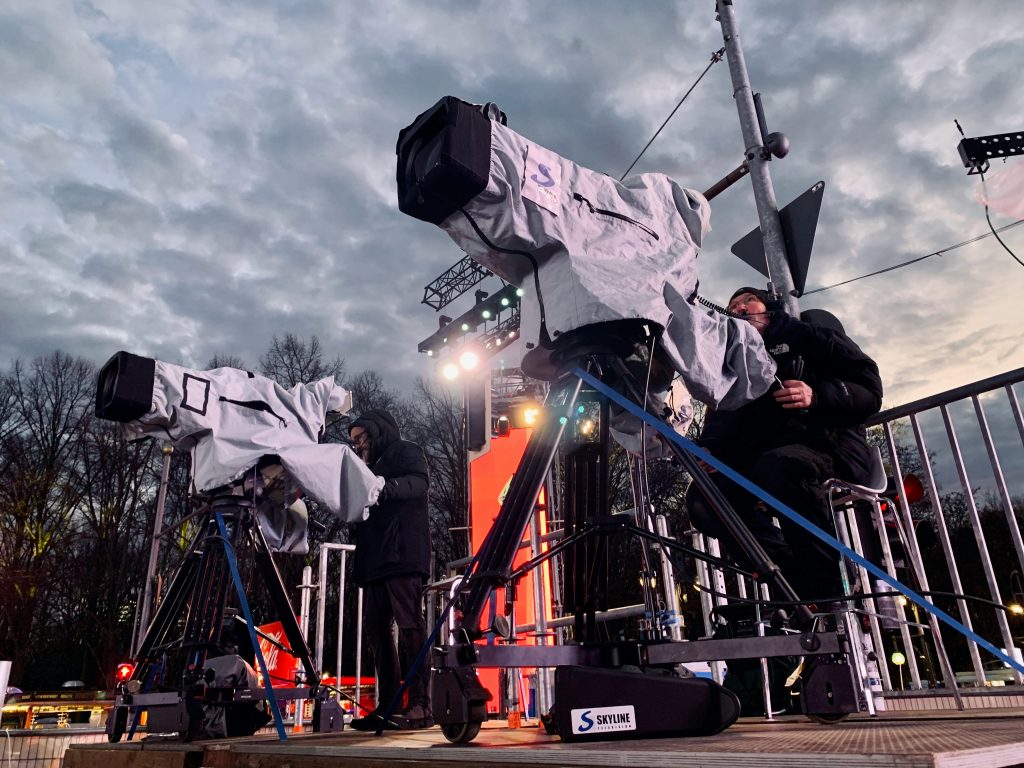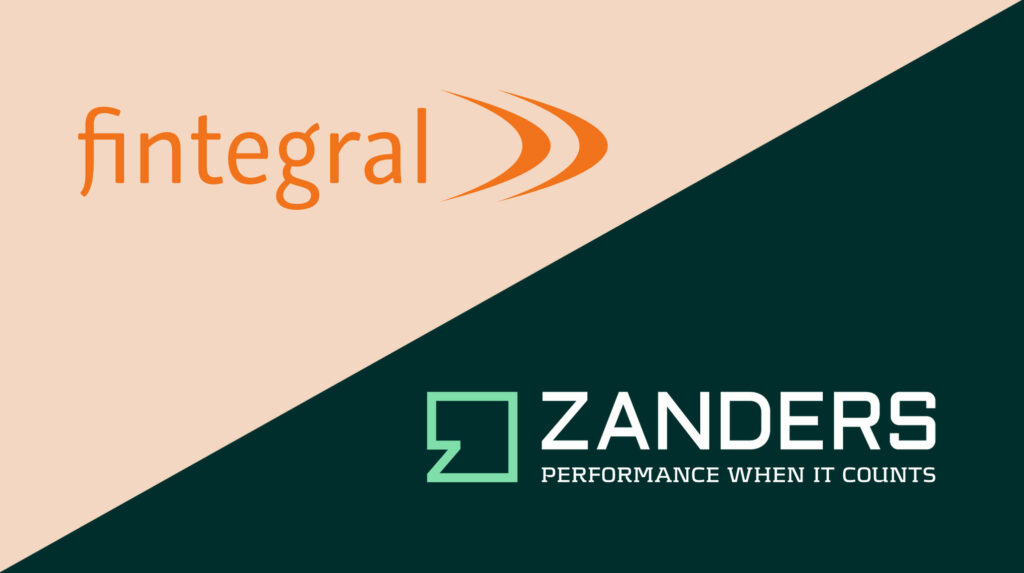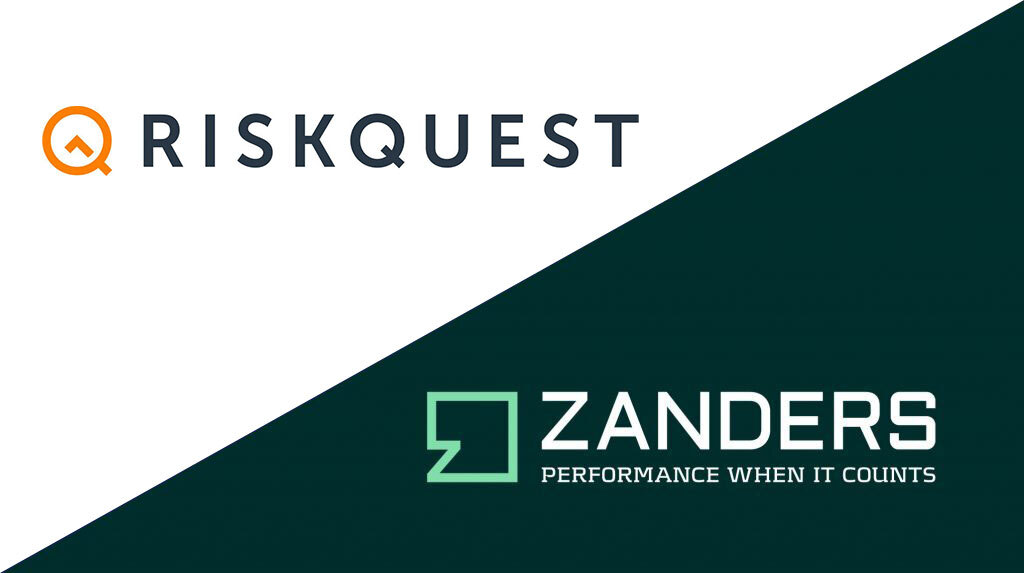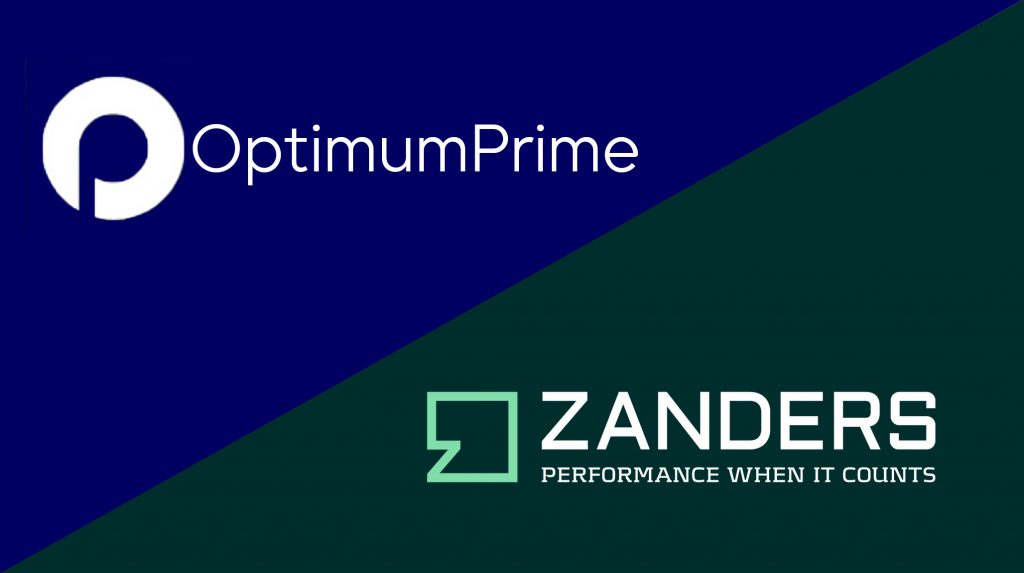Endemol Shine Group (ESG), a private equity-owned, Dutch-based media company with global operations, is the world’s largest independent producer and traveler of formats. The company has grown mainly through acquisitions, resulting in a treasury organization that was largely decentralized. In 2017, the new treasury team opted for a full treasury transformation project, to unlock the available potential and to support the business’s growth ambitions.
With activities in more than 80 countries and 46,000 employees, AkzoNobel has a turnover of around EUR 14 billion. In April 2017, the company decided to change its strategy and transform itself into two high-performing businesses focused on coatings and specialty chemicals. “We needed to embark on a new strategy to build two strong independent companies”, says Gerrit Willem Gramser, head of treasury at AkzoNobel. “This plan had been on our mind some for some time, but was accelerated by market forces.”
Moving to more scripted productions has led to significantly longer cash conversion cycles, which increased working capital needs
Albert Hollema, Treasury Director at Endemol Shine Group

In 2017, Endemol Shine Group created over 800 productions in 78 territories, airing on more than 275 channels around the world. The group’s turnover is around 2 billion euros. Global hits include many non-scripted formats such as MasterChef, Big Brother, Your Face Sounds Familiar, Fear Factor and Hunted. The company's scripted business focuses on scripts for films and television series with a longer life cycle, such as the drama blockbusters Black Mirror, Humans, Peaky Blinders and Broadchurch. These series were each sold in at least a hundred regions. Another example is Sweden’s critically acclaimed hit Bron/The Bridge, which has been successfully adapted for different local regions.
As the group has mainly been growing through small acquisitions and the merger of the Endemol and Shine business, the decentralized treasury organization lacked full visibility at a central level. Consequently, treasury head office wasn't aware on a daily basis of the cash movements and other activities of thousands of bank accounts at more than 40 banks, resulting in high amounts of trapped cash. Besides, the company is highly leveraged with limited additional borrowing opportunities. Although a treasury management system was in place, it was mainly used to maintain intercompany accounts only.
Time for change
In early 2017, the treasury team underwent some changes and was slightly expanded. In the meanwhile, the demand for scripted business started to grow quickly. “For these scripted productions we need to invest more, and the broadcaster pays ESG later due to the longer production time”, Albert Hollema, treasury director at Endemol Shine Group, explains. “So, due to the longer life cycle of these productions, our opcos (operational companies) were increasingly demanding more working capital. For us there is no real credit risk – we always have signed contracts before we start to produce, so we know that the client is going to pay – but we need to bridge the gap between producing and getting paid. The cash conversion cycle is important for us. Moving to more scripted productions has led to significantly longer cash conversion cycles, which increased working capital needs. The non-scripted productions, like The Wall and Deal Or No Deal, have shorter cash conversion cycles and are therefore important for financing our business.”
Hollema explains: “We are a highly leveraged company and have a credit rating of CCC+, so for additional financing we can’t simply go to a bank to invest in working capital. Also, our two shareholders – Apollo and Fox – were not really looking to put more money into the business.” The increase in working capital thus had to come from the company’s existing resources. Hollema says: “There was a lot of cash in the organization, spread over all different bank accounts and in different entities on different locations. If we could unlock that amount of trapped cash, we would find our source of finance. That’s why we started a treasury transformation project: to make our treasury activities more efficient and to use the cash within our company to finance our growth. Because by developing the business, we generate higher profits and a higher cash flow which will help to reduce our debts and get out of the highly-leveraged situation.”
To a better category
The group’s treasury transformation included improved use of a treasury management system (TMS), bank connectivity and new treasury processes. Hollema adds: “We needed our TMS supplier to be a business partner, providing us with a solution that would really help us in today’s markets. We reached out to several providers and at the same time we had contact with Zanders, who was already supporting us on some treasury matters. They told us about their new offering, the Treasury Continuity Service, consisting of a certain number of consultancy days per month on which they support treasury, with provision of a high-end TMS and including access to their knowledge database. The service looked very helpful and was a good fit for our needs. We are a relatively small business and had just experienced a lack of interest from system providers, but due to the support of Zanders we moved to a better category on the system vendors’ lists. So, we got a state-of-the-art system that we normally wouldn’t have bought. Another important thing for us was that it offered us a software as a service (SAAS) solution, which basically needs no internal IT support. Updates are done on a regular basis and keeps our system up to date all the time. Overall, the combination of supporting elements was attractive for us.”
During the EuroFinance conference, the audience was impressed by what we had achieved in such a short time frame
Albert Hollema, Treasury Director at Endemol Shine Group

The award winning show
According to Dave van der Zwan, deputy treasurer at Endemol Shine, the implementation process went quick and smoothly: “As a team we worked closely together and within four months we were live on FIS Integrity SaaS.” At the same time, the company decided to set up new bank connectivity via Swift to receive the bank statements and access liquidity through the TMS in an efficient way. “We have a lot of opcos and learned that as a group we held over 1,000 bank accounts – and the information on these accounts was previously only available by the end of the month and a subsequent week for major opcos after the cash flow forecasting was submitted. With the managed bank connectivity solution from FIS’s Swift Service Bureau, we managed to get connected to all our banks directly to pick up all balances from all the opcos on a daily basis. Now we can see exactly how much money an individual opco holds and how much money can be extracted from it. That’s very helpful. During the implementation we opted for active pulling of balances as well – giving ourselves authority to move funds in and out of the opco accounts.”
The innovative system solution won two awards. Global Finance awarded the group for the ‘Best Treasury Management Systems Program’ and Treasury Today gave an Adam Smith Award in the ‘Highly Commended – One to Watch’ category. Hollema notes: “During the EuroFinance conference in October 2017, we presented our case and the audience was impressed by what we had achieved in such a short time frame; the solution, approach, and project management together with the scrum approach, cutting the process into small pieces.”
Bridging the gap
So what exactly made this project so successful? Van der Zwan says: “Our aim was to unlock funds for our investments in working capital. By freeing up that liquidity we were able to keep funding the business according to plan and without any need to postpone certain productions. The business case was easily made from a treasury perspective, it pays for itself quickly, but it also unlocks the liquidity we need in order to be able to grow the business. During the process, there was a snowball effect by which we’re moving from one improvement to the next. Also, the opcos realized what we were trying to achieve and proposed their own initiatives, which fitted perfectly in our overall strategy. A lot of elements came together and were unlocked in this transformation process by a small and high-quality team of Endemol Shine and Zanders people.”
Hollema adds: “From the investment point of view the treasury transformation project was a real success. By unlocking trapped cash for the company, the whole business case is basically paid out of the savings achieved in the first six months. Remember our financing costs are high given our CCC+ rating. We started to build in mid-2017 and by the end of the year the investment in the transformation was repaid, from that perspective.”
To be continued
It was the first time that the company’s head office was centralizing some activities. Van der Zwan says: “If we had taken a ‘big bang’ bank rationalization approach and required opcos to change their invoicing details, electronic banking, etc., we would have seen strong resistance. But instead we said: you can stay with your bank, things will remain as they are, we only want visibility and access. We wanted the transformation to disrupt as little as possible but on the other hand we knew exactly what our end goal was. Step-by-step, with support from the opcos, we will move to that end goal. Once you take the first step, the next step is obvious, and that response was exactly what we saw from our opcos. The support we received from both management and opcos was a big help during implementation.” Zanders consultant Adela Kozelova adds: “Endemol Shine’s treasury acted quickly, while doing things step-by-step, to get as many people on board as possible – a good example for many companies.”
With greater visibility of the company’s cash, the treasury team will be able to better evaluate which businesses are performing well and where to allocate capital. Hollema concludes: “We now pick up information via the bank statements, which doesn't require additional reporting from the opcos, but is very useful for us as a group and can even be seen as an early warning indicator on how our businesses are performing. The next steps involve the creation of cash P&Ls and cash flow overviews from this info, eliminating more manual processes by integrating the local ERPs with the FIS Integrity Solution to help improve real-time cash forecasting. Better control over FX and simplification of the IC settlement process by optimizing the in-house bank (IHB) module are also high on the priority list. The banks and bank accounts will need to be further rationalized to help the opcos. They do a lot of things that can better be centralized so they can focus on doing business. We are a business partner to our opcos, we take care of the whole financial logistics. Zanders and FIS are our sparring partners and we use them to discuss what to do in the next phase.”




































